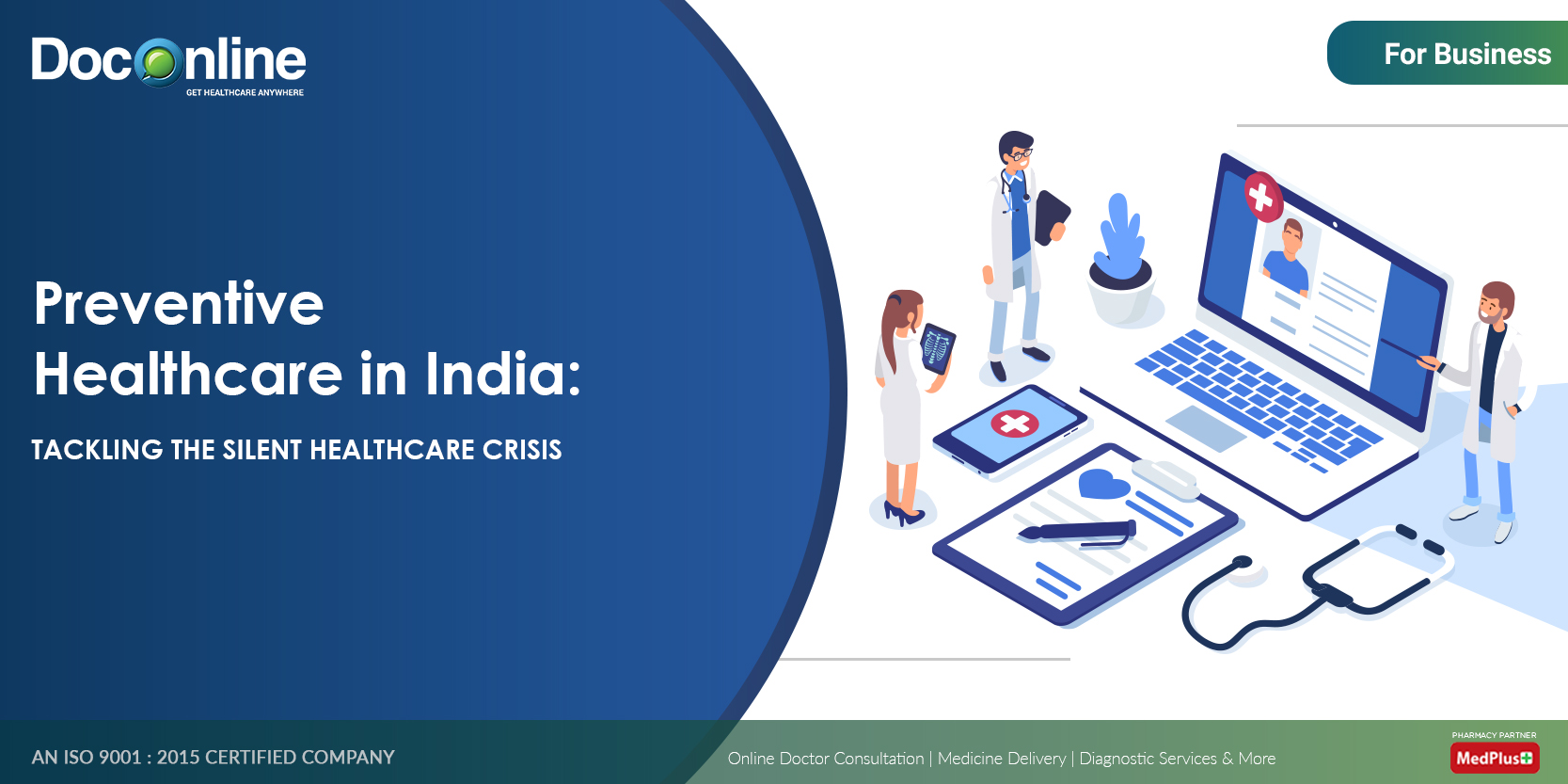Unveiling the Global Health Puzzle: Exploring the Intersections of Public Policies, Patient Care, and Innovative Medicine

Public health is a complex tapestry woven together by various factors, each playing a crucial role in shaping the state of global well-being. At the heart of this intricate puzzle lie public health initiatives, patient care, and innovative medicine – three interconnected components that facilitate the delivery of quality healthcare. With a keen focus on preventive healthcare, these initiatives aim to proactively address health concerns before they become major burdens on individuals and societies alike.
Central to the success of public health initiatives is the provision of patient care that is both comprehensive and compassionate. The cornerstone of effective healthcare, patient-centered care recognizes the unique needs of individuals, promoting holistic well-being beyond mere diagnosis and treatment. By adopting a preventive approach and incorporating health promotion and education, patient care can empower individuals to take charge of their health, leading to better outcomes and improved quality of life.
Hand in hand with patient care, healthcare policies play a critical role in shaping the accessibility and availability of health services. The development and implementation of inclusive healthcare policies ensure that everyone has equitable access to timely and affordable care, irrespective of their social, economic, or geographical circumstances. Such policies not only encourage individuals to seek preventive healthcare but also foster an environment conducive to medical innovations that can revolutionize the field of global health.
In this article, we delve into the world of public health, drawing connections between public health initiatives, patient care, and innovative medicine. We explore the importance of preventive healthcare and how healthcare policies can promote accessible and equitable healthcare for all. Furthermore, we examine the impact of medical innovations on improving health and wellness while addressing healthcare disparities and global health issues that continue to challenge us on a global scale. Join us as we unravel the threads of this global health puzzle, seeking to understand the interplay of these vital components and their role in creating a healthier future for all.
Public Health Initiatives and Healthcare Policies
Public health initiatives play a crucial role in promoting the overall well-being of communities by addressing health concerns at the population level. These initiatives aim to improve the health of individuals and reduce the burden of diseases. By implementing preventive measures, such as vaccination campaigns and health education programs, public health initiatives strive to minimize the occurrence and impact of various health conditions.
In parallel, healthcare policies provide a framework for organizing and managing healthcare systems. These policies guide the development and implementation of healthcare programs, ensuring that quality care is accessible to all individuals. They encompass a range of areas, including healthcare financing, service delivery, and disease prevention. Effective healthcare policies can enhance the efficiency and effectiveness of healthcare systems, contributing to better patient outcomes and improved population health.
The intersection between public health initiatives and healthcare policies is vital for achieving sustainable and equitable healthcare. Public health efforts are often based on evidence-based practices and research, which inform the development of healthcare policies. Similarly, healthcare policies provide the necessary support and resources for public health initiatives to be implemented efficiently. By aligning public health initiatives with healthcare policies, a comprehensive approach to addressing health and wellness can be achieved.
Overall, public health initiatives and healthcare policies are interconnected and mutually reinforcing. They form the cornerstone of global health efforts, guiding the provision of accessible and effective healthcare services. By recognizing and leveraging the potential synergy between public health initiatives and healthcare policies, we can strive towards a healthier and more equitable world.
Patient Care and Healthcare Disparities
In the realm of global health, patient care plays a pivotal role in achieving positive health outcomes for individuals across the world. However, one cannot overlook the persistent issue of healthcare disparities that continue to hinder equitable access to quality care. These disparities, influenced by socioeconomic factors, geographical location, and systemic inequalities, create significant challenges in attaining optimal health outcomes for all.
When examining patient care, it becomes evident that healthcare disparities are prevalent both within and among countries. In underserved communities, limited access to medical resources, such as essential medications and specialized healthcare professionals, can result in substandard care and poorer health outcomes. This can further perpetuate the cycle of health disparities, as individuals from marginalized backgrounds face additional barriers in seeking and receiving quality care.

Furthermore, healthcare disparities extend beyond mere access and encompass various aspects of patient care. In some cases, cultural and linguistic differences can create communication gaps between healthcare providers and diverse patient populations. Consequently, this can hinder effective diagnosis, treatment adherence, and patient satisfaction.
Efforts to address healthcare disparities must involve a multifaceted approach that incorporates public policies, education, and advocacy. Governments and policymakers must prioritize the development and implementation of equitable healthcare policies that aim to bridge the gap between underserved and privileged populations. Additionally, promoting diversity and cultural competence within healthcare systems can enhance patient-centered care and mitigate disparities stemming from language and cultural barriers.
In conclusion, patient care is not only about providing medical treatments and services but also about ensuring that every individual, regardless of their background, has equitable access to quality healthcare. By acknowledging and addressing healthcare disparities, we can strive towards a more inclusive and just global healthcare system that places the well-being and needs of patients at its core.
Innovations in Medicine and Global Health Issues
Innovations in medicine have played a crucial role in addressing global health issues. These advancements have not only transformed patient care but have also contributed to preventive healthcare on a global scale. By harnessing the power of technology and scientific research, medical innovations have paved the way for accessible healthcare and have the potential to bridge healthcare disparities worldwide.
One area where medical innovations have had a significant impact is in the field of telemedicine. This approach utilizes digital communication technologies to remotely provide healthcare services to patients, overcoming geographical barriers and increasing access to medical expertise. Through telemedicine, individuals in remote or underserved areas can receive timely and specialized care, ultimately leading to improved health outcomes.
Another noteworthy medical innovation is the development of precision medicine. This approach takes into account an individual's genetic makeup, environment, and lifestyle choices to tailor treatment plans specifically to their needs. Precision medicine holds great promise in the prevention and management of diseases, allowing for more targeted interventions and personalized care. By addressing cabarruschamber of each patient, we can optimize healthcare delivery and ensure better outcomes for individuals worldwide.
Moreover, the advent of digital health solutions has revolutionized the way we approach healthcare. Mobile applications, wearable devices, and remote patient monitoring systems have empowered individuals to take charge of their own health and well-being. These innovations enable individuals to track their vital signs, monitor chronic conditions, and make informed decisions about their healthcare. Through the use of these technological advancements, we can foster a culture of proactive healthcare, emphasizing prevention and early intervention.
In conclusion, innovations in medicine have the potential to reshape global health issues by providing novel solutions to improve patient care, promote preventive healthcare, and address healthcare disparities. The advent of telemedicine, precision medicine, and digital health solutions has paved the way for accessible healthcare, utilizing technology to bridge gaps and ensure that healthcare services reach individuals in need, regardless of their location or background. With continued advancements in medical innovation, we can unlock new possibilities and strive towards a healthier and more equitable world.
